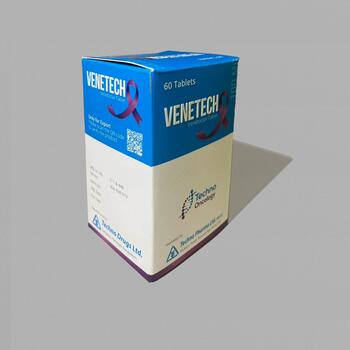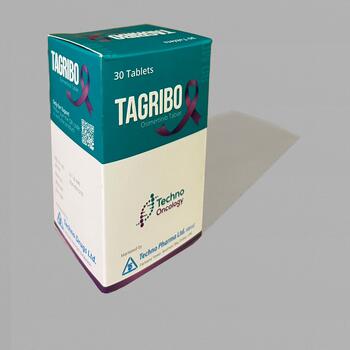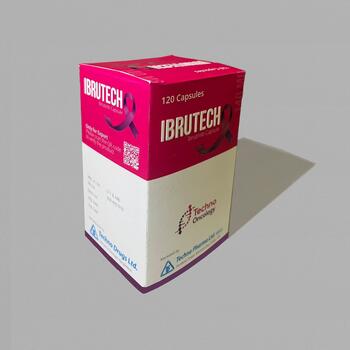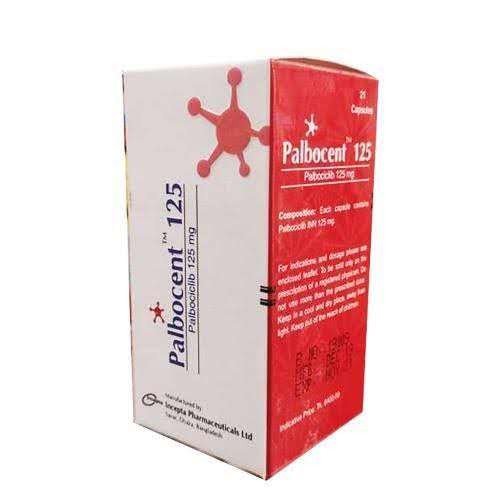氘可来昔替尼 (Deucravacitinib) 6mg
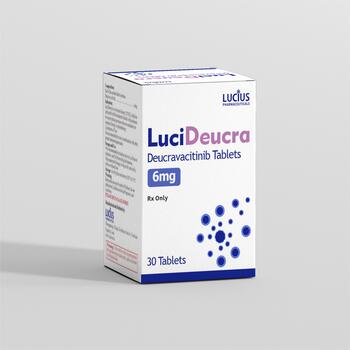
1. Composition:
The active ingredient of Deucravacitinib is Deucravacitinib itself, which is a small molecule tyrosine kinase inhibitor. It primarily targets tyrosine kinases, especially tyrosine kinase 2 (TYK2). Its molecular formula is C18H21D4N5O2, with a molecular weight of approximately 359.47 g/mol.
2. Pharmacological Effects:
Deucravacitinib inhibits the inflammatory response by selectively inhibiting TYK2, which reduces cytokine-mediated signaling (such as IL-23 and IL-12). This makes Deucravacitinib significantly effective in treating diseases associated with immune system disorders.
3. Usage Method:
Deucravacitinib is usually administered in oral tablet form, with a recommended dosage of 6 mg once daily. It is advised to follow the doctor's guidance during use and to have regular follow-up visits during treatment to monitor efficacy and side effects.
4. Research and Development History:
Deucravacitinib was developed by Bristol-Myers Squibb and has been validated for safety and efficacy through multiple clinical trials. The drug was approved by the U.S. Food and Drug Administration (FDA) in 2022 for the treatment of moderate to severe plaque psoriasis. Its development aims to provide a new treatment option, particularly for patients who are ineffective against or poorly tolerate other treatments.
5. Mechanism of Action:
Deucravacitinib specifically inhibits the activity of TYK2, thereby interfering with the signaling pathways of cytokine receptors. TYK2 plays a key role in various cytokine signaling pathways, including those of IL-12, IL-23, and interferons. This mechanism allows Deucravacitinib to effectively alleviate the immune response and thereby reduce symptoms associated with psoriasis.
6. Summary:
Deucravacitinib is a novel targeted therapy primarily used for the treatment of moderate to severe plaque psoriasis. By selectively inhibiting TYK2, it significantly alleviates symptoms and improves the quality of life for patients. In clinical applications, Deucravacitinib has demonstrated good safety and efficacy, providing new treatment options for patients.



